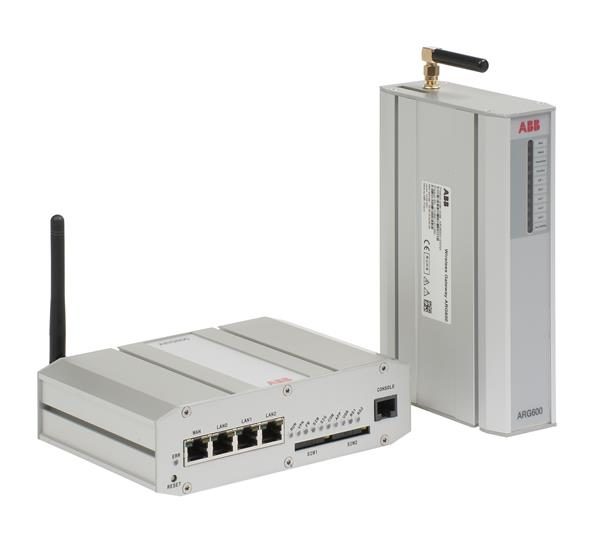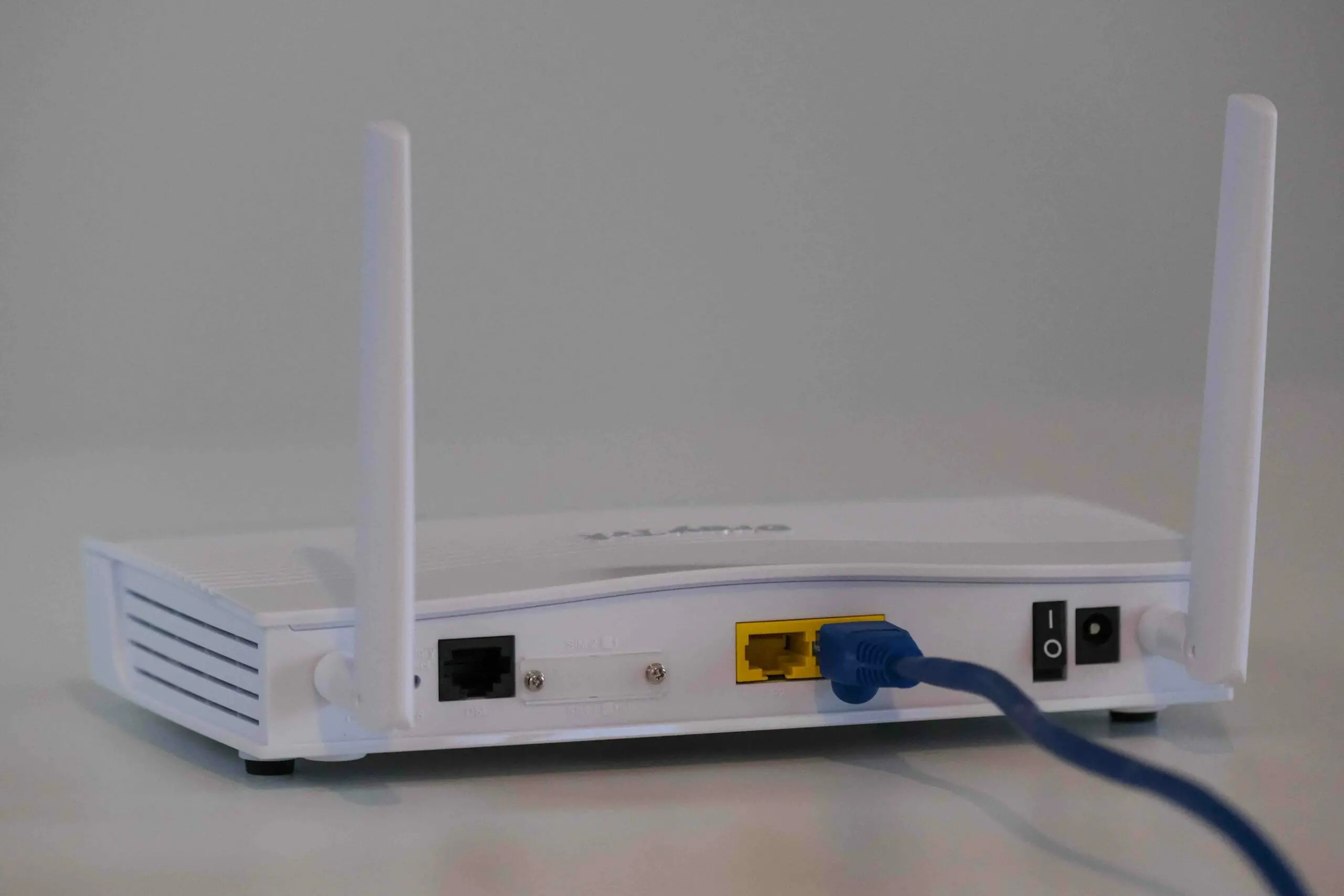You probably have a router and a modem in your home, but would you like to combine the two in a single device?
It’s possible to do that. Maybe your ISP offers you one, and you don’t know what it is. There’s a device or means by which you can combine both functions and more. It’s called a wireless gateway!
A wireless gateway combines the functions of a router, a modem or access point, and sometimes a firewall and proxy server. This combination saves you from using multiple separate devices.
Below ill go through its advantages and whether you should have one in your home or office.
Routers and Modems
To understand what a wireless gateway can do, it may help to recap what a modem and router are.
- A modem (modulator-demodulator or access point) is what connects to the internet. It is a tunnel to carry the information from the ISP’s network to your local one. The connection is usually via an optical fiber or coaxial cable, whereas a telephone cable was more common in the past. It has a public IP address to help direct the traffic.
- A router connects to the modem and functions like a cable splitter, allowing you to connect multiple devices to its ports. Additionally, it generates Wi-Fi, allowing devices also to connect wirelessly.
You can think of a modem as providing the entryway to the internet and the router as a controller for its distribution in the home or office.
Differences – Routers, Modems & Wireless Gateways
- Modem: Think of the modem as your mailbox at the end of your driveway. It’s where your internet service provider (like the postman) delivers your internet (or mail).
- Router: Now, the router is like the person who takes the mail from the mailbox and distributes it to everyone in the house. The router takes the internet from the modem and sends it to all your devices (like your tablet, gaming console, and laptop).
- Wireless Gateway: A wireless gateway is like if your mailbox (modem) and your mom or dad (router) were the same person. The gateway can receive the internet (mail) and send it to all your devices, doing both jobs simultaneously. This is super convenient, but sometimes it doesn’t work as well as having separate devices.
| Device | Analogy | The mailbox at the end of your driveway |
|---|---|---|
| Modem | Mailbox at the end of your driveway | Receives internet from your internet service provider |
| Router | Your mom or dad distributing mail | Distributes internet from the modem to all your devices |
| Wireless Gateway | Mailbox and your mom or dad in one | The mailbox at the end of your driveway |
Wireless Gateways

Generally, a gateway refers to a primary router or default gateway, where a single device acts as the primary mode or “forwarding host” to connect to other access points or networks.
There are two types of wireless gateways: a simple one that relies on a modem to connect to the internet (via an ISP) and a more advanced one that can connect directly because it has a built-in modem. Wireless gateways nowadays are typically the advanced type, so it would be expected to have a built-in modem.
Being wired, as opposed to wired (Ethernet) only, supports Wi-Fi. So, it can route packets from a wireless LAN to other networks.
Also, a wireless gateway can be in hardware, software, or a combination.
Range, Ports, and Speed
Wireless gateways also differ in functionality, particularly concerning their wireless range, the number of ports, and speed.
However, they will all have a wired connection to the ISP, at least one LAN jack (usually at least four), and a Wi-Fi antenna.
You can expect a speed from 56Mbit/s up to 1200Mbit/s for wireless connections, depending on the wireless standard supported, and either 100Mbit/s or 1000Mbit/s for wired (Ethernet) connections. See the table below for the expected speeds.
| Wired / Wireless | Standard / Connection | Speed (Mbit/s) |
| Wireless (WLAN) | 802.11b and 802.11g | 56 |
| 802.11n | 300 | |
| 802.11ac | 1200 | |
| Wired (LAN) | fast | 100 |
| gigabit | 1000 |
Security
All wireless gateways can protect the network using encryption methods, including WEP, WPA, WPA2, WPA3, and WPS. Some also have a built-in firewall to help prevent malicious traffic from accessing your devices.
Other Features
Besides range, ports, speed, and security, other important functions include:
- NAT (Network Address Translation) allows multiple users to access the internet using a single IP.
- DHCP (Dynamic Host Configuration Protocol) assigns IPs automatically to all connected devices.
Should You Use a Wireless Gateway?
If you’re using a modem and router separately, you might wonder whether it’s worth getting a wireless gateway instead.
A wireless gateway offers the convenience of a single device to enjoy the functionality of a modem, a router, and potentially more. This means requiring less space, fewer cable connections, and fewer power cords. It’s also easier to set up and use.
These benefits make a wireless gateway an ideal choice for most people.
However, if you’re an advanced internet user and can handle the complexity of networking, a separate modem and router will give you more flexibility. You can choose the best of each, configure them the way you prefer, and take advantage of a more complex but advanced setup.
A separate or additional router will be necessary anyway when you run out of ports on the gateway.
The cost of a wireless gateway is comparable to that of a router, so it will not make much difference. It comes down to whether you want the convenience of a wireless gateway or the flexibility of a separate modem and router.
Wireless Gateways and ISPs
Many ISPs (Internet Service Providers) provide a wireless gateway as part of their internet package.
Using the provided wireless gateway has the advantage that you can expect it to be pre-configured and ready to use. Since ISPs are familiar with them, they can also troubleshoot issues more easily and conveniently through remote access.
References
Wireless Gateway ARG600. https://ctiresources.com.my/product/wireless-gateway-arg600/.

